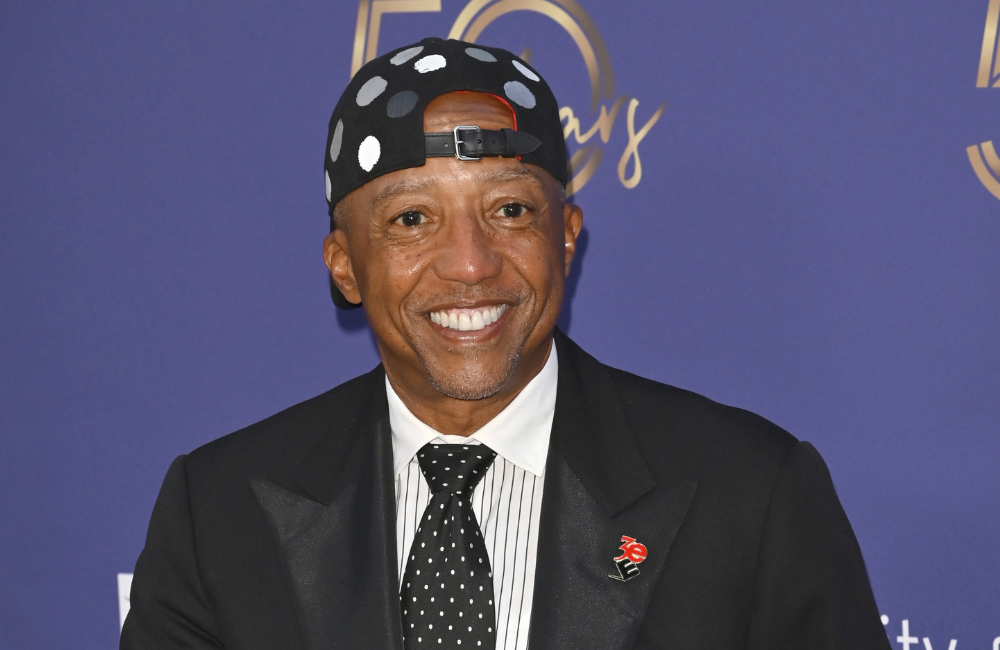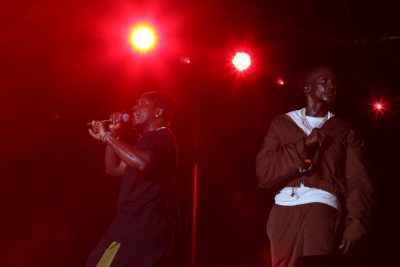The music industry finds itself embroiled in another high-profile controversy as Kevin Liles, the former president of Def Jam Recordings, has mounted an aggressive public defense against what he characterizes as a calculated extortion scheme. The veteran music executive faces serious allegations from recording artist Lady Luck, who reportedly demanded money to prevent publication of claims involving grooming and sexual assault dating back nearly three decades.
This explosive situation has thrust both figures into an unwelcome spotlight, raising uncomfortable questions about power dynamics within the music industry and the complex intersection of accountability, reputation, and financial leverage in the modern entertainment landscape.
The confrontation unfolds
The dispute centers on Lady Luck’s forthcoming book, which allegedly contains detailed accusations against Liles stemming from her time as a Def Jam artist in the late 1990s. According to Liles, Lady Luck’s legal representatives approached him with demands for substantial financial compensation in exchange for omitting potentially damaging content from her memoir.
The allegations reportedly include claims that Liles engaged in grooming behavior when Lady Luck was a young artist under his guidance at Def Jam. More specifically, she allegedly accuses him of attempting to coerce her into sexual acts while they were together in his vehicle during that period.
Liles has categorically rejected these accusations, describing them as fabricated attempts to damage his reputation and extract money. He maintains that none of the alleged incidents ever occurred and points to what he describes as inconsistencies between these new allegations and Lady Luck’s previous public statements about their professional relationship.
Digital defense strategy
Rather than remaining silent, Liles has adopted an unprecedented approach to defending himself. He created a dedicated website called Lady Luck’s Own Words, which serves as a comprehensive repository of evidence supporting his version of events. The platform showcases the history of his professional relationship with Lady Luck, beginning with his discovery of her talent after hearing her freestyle on Hot 97 radio.
The website features an extensive collection of materials, including archived news interviews, social media posts, and public statements where Lady Luck previously praised Liles and credited him with advancing her career. These materials span multiple years and appear designed to demonstrate what Liles characterizes as a positive, professional relationship that contradicts the current allegations.
Liles has expressed his determination not to be intimidated by what he perceives as an attempt to tarnish his reputation. He has stated his refusal to be extorted or pay money to those who threaten to ruin his reputation or the legacy he intends to leave the culture he has spent his life serving. He has vowed to defend himself against any false allegations and any lawsuits that may arise from this situation.
Industry implications and precedent
The Liles-Lady Luck controversy arrives at a particularly sensitive time for the entertainment industry, which continues grappling with the long-term effects of the #MeToo movement and increased scrutiny of workplace conduct. The music business, in particular, has faced numerous high-profile cases involving allegations of misconduct by powerful executives and artists.
However, this case introduces additional complexity through the alleged extortion element. Legal experts note that while the importance of believing and supporting survivors remains paramount, cases involving financial demands can complicate public perception and legal proceedings.
The situation also highlights the evolving landscape of reputation management in the digital age, where social media platforms and personal websites can serve as direct communication channels between public figures and their audiences, bypassing traditional media gatekeepers.
Legal and financial stakes
Beyond the immediate reputational concerns, both parties face significant legal and financial exposure. Extortion allegations, if proven, could result in serious criminal charges. Conversely, if Lady Luck’s claims prove substantiated, Liles could face civil liability and permanent damage to his legacy within the music industry.
The substantial sum allegedly demanded reflects both the potential earning power at stake and the severity of the accusations being made. Industry observers note that such amounts are typically associated with cases involving major corporate settlements or high-profile celebrity disputes.
Cultural impact and ongoing scrutiny
This controversy extends beyond the immediate parties involved, touching on broader cultural conversations about power, accountability, and justice within creative industries. The case illustrates the ongoing challenges faced by the entertainment business as it attempts to balance supporting survivors with ensuring due process for those accused of misconduct.
As both Liles and Lady Luck prepare for what appears likely to become an extended legal battle, their case will undoubtedly influence how similar situations are handled in the future. The outcome may establish important precedents regarding the intersection of sexual misconduct allegations, extortion claims, and reputation management in the social media era.
The music industry, along with observers from across the entertainment spectrum, continues monitoring this developing situation as it unfolds in both legal venues and the court of public opinion.














